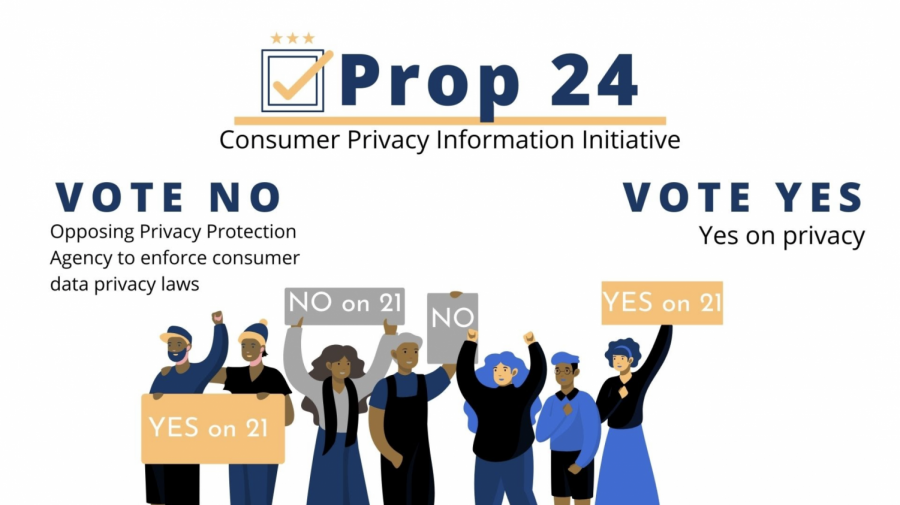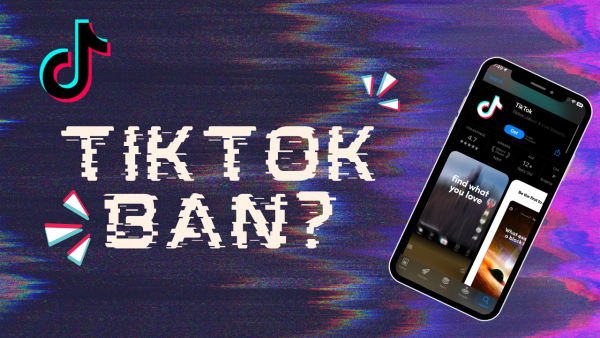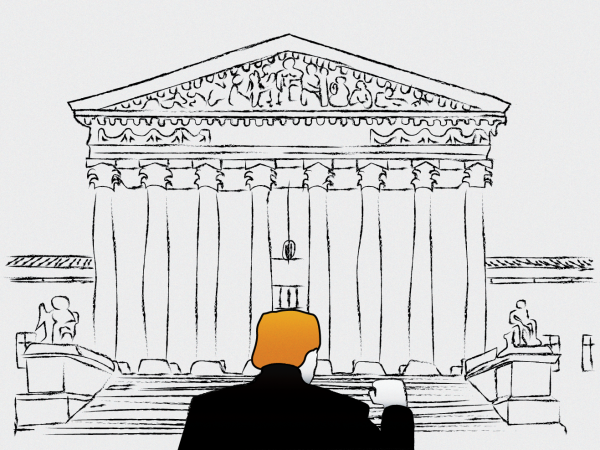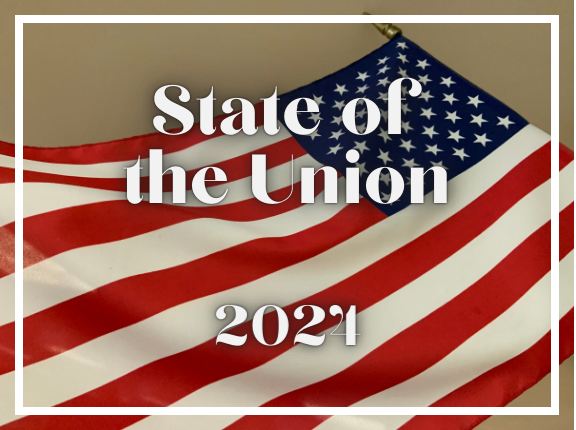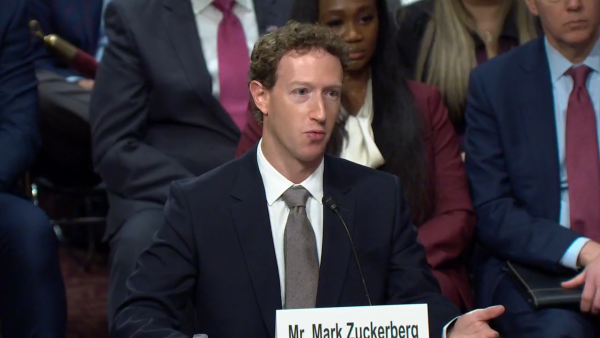Prop 24: Consumer Privacy Information Initiative
Prop 24 will allow consumers more control over their personal information.
November 1, 2020
OVERVIEW
One of the propositions California voters will be seeing on their ballots this year is Proposition 24. Also known as California Privacy Rights Act (CPRA), Proposition 24 amends the current digital privacy law, the California Consumer Privacy Act of 2018.
A “yes” vote affirms the changes and offers new rights to consumers. Some of the changes Proposition 24 makes include edits to the types of companies required to comply with regulations, as well as adding and removing existing data privacy requirements. Some of the new rights consumers would receive include the right to direct businesses to not share their personal data and the right to be told how long their personal data will be stored. However, if Prop 24 is approved, some rights would also be taken away. Under specific conditions, businesses could refuse to delete some of the private information they collect. In addition, Proposition 24 establishes a new state agency, the California Privacy Protection Agency, for overseeing Proposition 24’s enforcement.
A “no” vote rejects Prop 24’s changes and allows consumers to keep their current CCPA rights. California’s Department of Justice, which currently enforces digital laws, would continue to enforce the California Consumer Privacy Act of 2018 as it reads today.
PROS
“Right now it’s being left up to the district attorney of California to enforce the data rights that were provided in 2018,” said former presidential candidate and supporter of Prop 24, Andrew Yang.
Proposition 24 establishes a new state agency, the California Privacy Protection Agency, to help oversee its regulations.
“The new act makes it so that there’s a dedicated set of resources and enforcement mechanisms,” said Yang.
As a whole, the United States lags behind Europe in terms of data privacy. Earlier this year on July 16th, the European Union ruled the EU-U.S. Privacy Shield “invalid” due to lacking adequate protection of data. This hurts some 5,000+ businesses transferring data under the protection of the shield.
“Prop24 will reshape Europeans’ views that America is a data haven. This could give California a huge business advantage: the prospect of being an ‘adequate’ territory for data transfers from Europe to our State,” said Chris Hoofnagle, director at University of California’s Berkeley Center for Law and Technology.
Passing Proposition 24 would benefit all of America, according to Yang.
“California’s data and privacy rights rules can serve as a model for the rest of the country,” said Yang.
CONS
“When we wrote the CCPA…we talked to a lot of academics who had spent their professional careers thinking deeply about privacy,” said co-author of the CCPA Mary Ross, who opposes Proposition 24.
“We didn’t talk to the businesses until after we submitted the initiative…we didn’t want them to write it. I think the process has been reversed this time,” said Ross.
The CCPA went into effect this January, and its enforcement began on July 1st.
“We don’t even know what needs to be changed, and what doesn’t need to be changed. It just hasn’t been in practice long enough,” said Ross.
The proposition states that amendments can be made “if necessary, to improve its operation, provided that the amendments do not compromise or weaken consumer privacy, while giving attention to the impact on business and innovation.”
Opposers raise concerns that this makes it difficult to change to Prop 24 once it passes.
“There is no improvement to privacy law that doesn’t have a significant impact on business profits and business innovation,” said privacy advocate and executive director of Media Alliance, Tracy Rosenburg.
“It walks us back from the rights we enjoy today…and is very difficult to amend,” said Ross.

